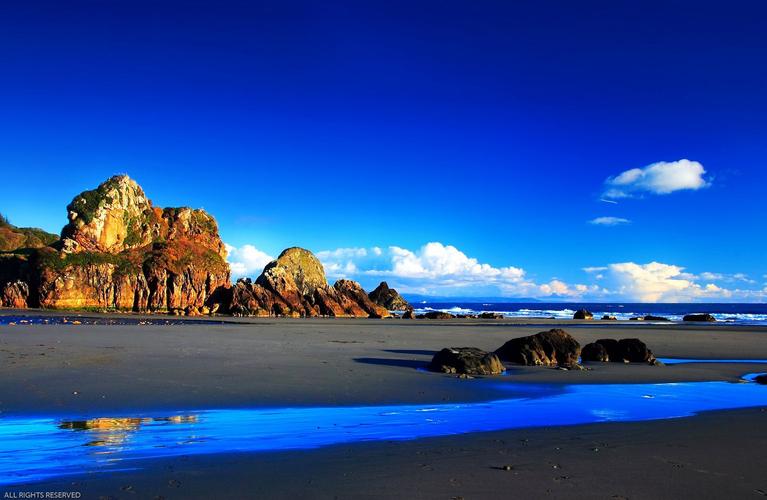The Banaue Rice Terraces are a world-famous Philippine landmark, renowned for their grandeur, beauty, and cultural significance. Built by the Ifugao people more than 2,000 years ago, these rice terraces are not just a stunning landscape, but a living testament to the ingenuity, resourcefulness, and artistic creativity of the indigenous communities in the highlands of northern Luzon.
These terraces stretch over an area of approximately 10,360 square kilometers and rise up to an elevation of 5,000 feet or more above sea level. The Ifugao people grouped their rice terraces into clusters, each belonging to a specific community, and named them after the rivers and streams that irrigate them.
The Banaue Rice Terraces consist of many varieties of rice paddies, each tailored to suit the specific ecological conditions of its location. From lower-altitude paddies that are flooded for most of the growing season to higher-altitude paddies that are irrigated by natural springs, these rice terraces show how the Ifugao people have adapted to their environment and harnessed its resources to sustain their livelihoods.
In addition to their agricultural ingenuity, the Ifugao people have also developed a unique system of social organization and cultural expression. Their society is based on the concept of kinship, where family ties and social cooperation are paramount, and where the rice terraces are seen as the collective inheritance of the community.
The Ifugao people have also developed a rich cultural repertoire that celebrates their connection to the land, their ancestors, and the spirits of the environment. Their traditional dances, music, clothing, and art are all strongly tied to the natural world and reflect their deep reverence for the elements, the cycles of life and death, and the mysteries of the universe.
Today, the Banaue Rice Terraces face many challenges, including climate change, erosion, urbanization, and globalization. However, efforts are being made to preserve and promote this cultural heritage, both locally and globally.
The Ifugao people continue to celebrate their traditions and share their knowledge with the world, through cultural festivals, tourism, and educational programs. By doing so, they inspire us all to appreciate the diversity and resilience of human cultures, and to learn from the wisdom and creativity of our ancestors.
(Note: Do you have knowledge or insights to share? Unlock new opportunities and expand your reach by joining our authors team. Click Registration to join us and share your expertise with our readers.)
Speech tips:
Please note that any statements involving politics will not be approved.
